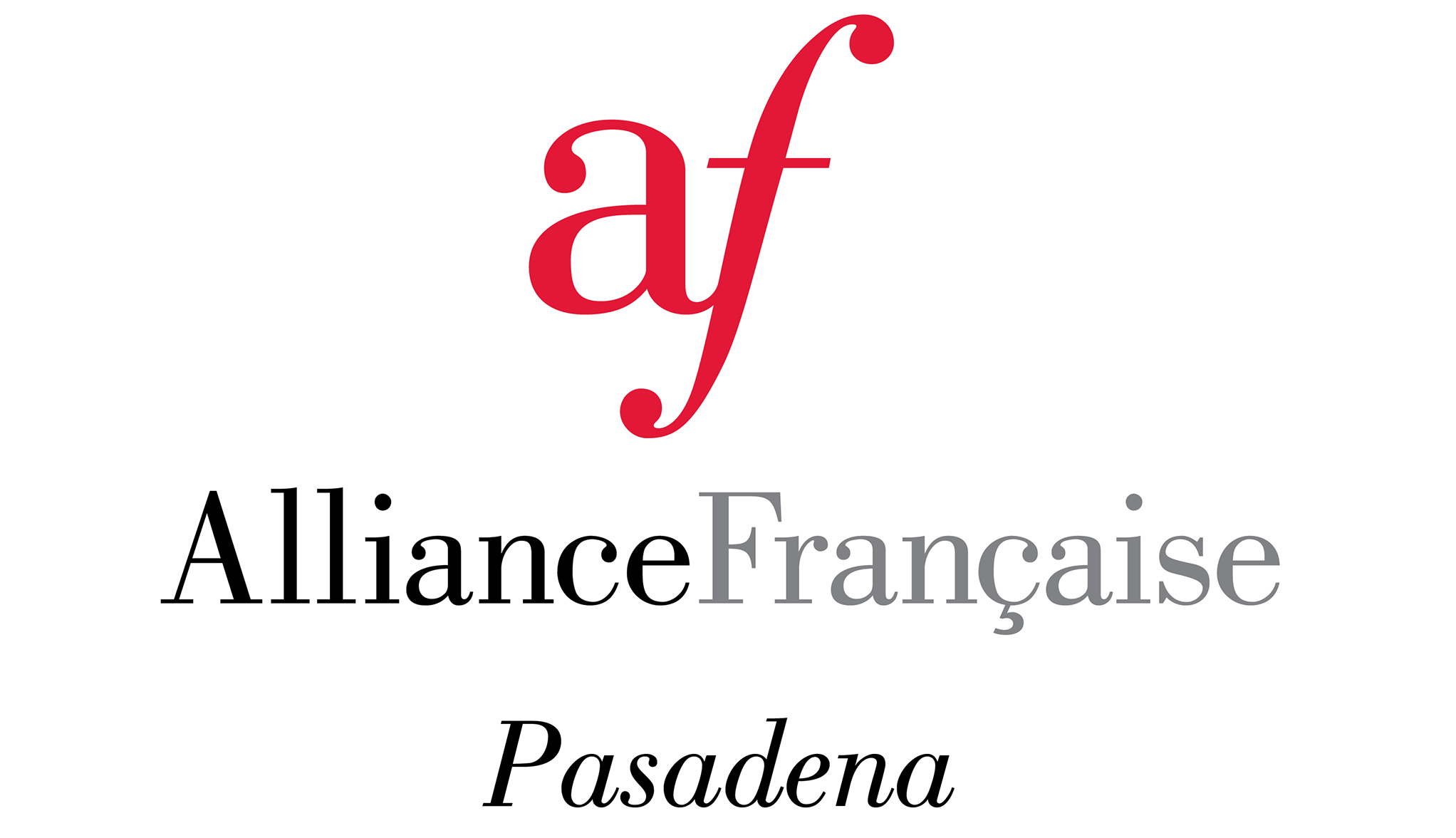The benefits of learning French when you are a child
Learning French as a child offers several significant advantages that extend beyond just acquiring a new language.
Here are some of the key benefits:
Cognitive Development:
Enhanced Brain Function: Learning a second language at an early age stimulates cognitive development. It helps children develop better problem-solving skills, creativity, and critical thinking. Studies have shown that bilingual children often outperform monolingual peers in tasks that require multitasking and focused attention.
Improved Memory: The process of learning and using two languages can improve memory and the ability to retain information, which is beneficial in all areas of education.
Language Skills:
Stronger Linguistic Foundation: Children who learn French early can achieve near-native pronunciation and fluency. Their brains are more receptive to sounds, making it easier for them to mimic accents and understand the nuances of the language.
Facilitation of Learning Other Languages: French is a Romance language, closely related to other languages like Spanish, Italian, and Portuguese. Learning French provides a strong foundation for learning additional languages later on.
Cultural Awareness:
Exposure to Different Cultures: Learning French opens the door to understanding and appreciating French-speaking cultures worldwide. This cultural awareness fosters empathy, tolerance, and a broader worldview.
Appreciation of Literature and Arts: Knowledge of French allows children to access a rich literary and artistic heritage. From classic literature to contemporary cinema, learning French offers direct access to a wealth of cultural resources.
Educational Advantages:
Better Academic Performance: Research suggests that bilingual children often perform better in other academic subjects, including mathematics and reading comprehension, due to the cognitive benefits of learning a second language.
Advanced Communication Skills: Bilingual children tend to have more advanced communication skills, both in their native language and the second language. This can improve their ability to express themselves clearly and confidently.
Future Opportunities:
Increased Career Prospects: French is spoken by over 300 million people across five continents and is an official language in many international organizations. Early proficiency in French can provide significant advantages in the global job market.
Study Abroad Opportunities: Knowing French can provide access to educational programs and universities in French-speaking countries, offering unique opportunities for personal and academic growth.
Social Benefits:
Building Social Networks: Learning French allows children to communicate with a broader range of people, including peers in French-speaking countries. This can lead to meaningful friendships and a deeper understanding of global diversity.
Increased Confidence: Mastering a second language can boost a child's confidence, giving them a sense of accomplishment and encouraging them to take on new challenges.
Long-term Cognitive Health:
Delayed Onset of Cognitive Decline: Studies have shown that bilingualism can delay the onset of dementia and other age-related cognitive decline. Learning French as a child can contribute to long-term cognitive health.
Overall, learning French as a child is a valuable investment in a child's cognitive, social, and cultural development, providing them with tools and opportunities that will benefit them throughout their lives.
